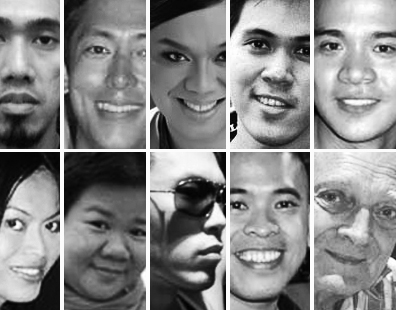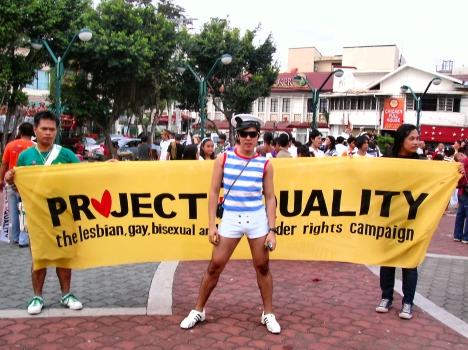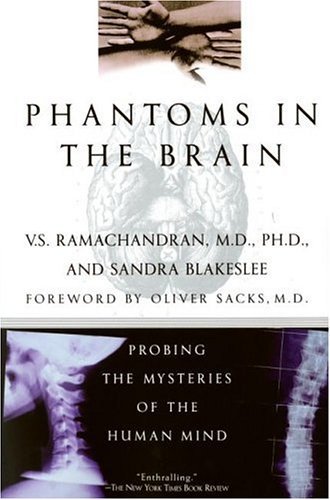
Outragemag.com, the only gayzine in the Philippines has honored this writer as one of the “movers and shakers” of the gay community or to be more politically correct, the GLBTQI (Gay, Lesbian, Bisexual, Transexual and the Intersexed) population.
I feel rewarded by being recognized along with other prominent personalities from the Filipino Gay Scene (Fr. Richard Mickley, JM Cobbarubias of GMA, Great Ancheta of Bed, etc.)
Here is the full article by Kiki Tan:
Lex Bonife: The Effectual Writer
In 1999, when Lex Bonife was 19 years old, moving from the University of Santo Tomas (UST) to the University of the Philippines, he met writer R.J. Nuevas, “one of the most established writers for soap opera (In the Philippines),” he recalls. “He invited me to send a resume to Viva. I have always wanted to work for television when I was young; I have always felt I was cut for a career in the entertainment industry, so even without a college degree and with zero experience, armed with a simple résumé, I met with Viva’s Veronique Del Rosario, and to my surprise, I was hired.”
Bonife adds: “Back then, I was a dean’s lister and an active student from UST at the Institute of Physical Therapy, but I felt I was cut out do something more creative, so I made a big decision to stop enrolling and find my way in the industry.”
Obviously, “when you’re starting in any industry, money is never easy. Good thing my parents supported me financially, (and) I was never forced to find other work outside of showbusiness. When there’s no project, there’a always my mom and dad to ask money from.”
Thus, even if he found TV to be stressful (“It requires you to take long nights, and I don’t like sacrificing sleep,” Bonife says), he wanted to pursue the path the people he admires have taken. “I have always been a fan of Lino Brocka, and I admired the films of Carlitos Siguion Reyna. And most especially, I enjoyed watching bold films – the Rosanna Roces, Aya Medel, et cetera films,” he says.
Bonife believes the film industry can help promote GLBTQIA issues.
“The media is very powerful in promoting change within our society. I write for the gay audience – films, my blog (www.lexuality.com), and I make sure that whatever I do, it must be empowering to our sector. Media helps in public awareness of our concerns. And little by little, media transforms the public perspective on who the gay man is.”
And this (introduce change) is what Bonife has been attempting to do, having written for the screen the scripts of, among others, gay-themed Joselito Altarejos’ Ang Lalake sa Parola and Ang Lihim ni Antonio.
METAMORPOSIS SCRUTINIZED
When asked when he knew he’s gay, Bonife smiles: “When Madonna sang Like a Virgin live on MTV, I knew I want to be like her. Does that make me gay?”
Fortunately for him, though, “I was lucky. I never had to come out. As a young boy, my interests were very gay – theater, music, dancing, et cetera. My family enrolled me in all sorts of performing arts workshops. I was quite effeminate as a young boy. And never did they ask for a girl friend from me. All my friends who visited me at home were gays. For goodness’ sake, do I still have to come out?” Bonife laughs.
Times have changed – especially for the GLBTQIA community – according to Bonife. “When I was young, the only role models for media were Petrang Kabayo, Facifica Falayfay, and Babet Villaruel. For a gay man to be accepted, one had to be funny. That was the message that I perceived,” he says. “But now, with many respectable people coming out as gay men, things have definitely changed.”
The one challenge for the GLBTQIA community, however, is in “social integration. I am all for gay marriage. As long as the rights of adults to be in a domestic partnership are denied by the state, I don’t think we could ever claim acceptance from Filipino society.”
ALL ENCOMPASSING
Bonife isn’t a fan of closely identifying showbusiness with the GLBTQIAs. “I hate it when people say that one is creative because one is gay,” he says. “Creativity lies on everyone else regardless of sexual preference. (It’s just that) the entertainment industry has been very open to gay people.”
And while he doesn’t have disappointment, per se, in the industry, he is pained that “independent cinema is a growing industry, (and it is still) undergoing a lot of birth pains. It is just now that many commercial cinemas are opening their doors to independent films. I just wish that more Filipinos will be mature enough to entertain a different variety of narratives,” Bonife says. “I don’t have any disappointments. I just enjoy witnessing the evolution of Filipino films and (their) audiences.”
Having written two of the biggest earning independent films (Parola and Antonio) in the Philippines, interestingly, “although most people recognize me as the screenwriter for Parola and Antonio, for me, my being a certified yoga teacher in my late 20s was a bigger personal achievement. I never saw myself as physically strong. And I never saw myself as athletic. It was a surprise that I am able to do many physical stuff that I never thought was possible for me,” Bonife says, adding with mischief: “Now, I can always bring my both feet at the back of my head, to the pleasant surprise of many men!”
Among the major influences in his writing is Armando “Bing” Lao, “who has been an inspiration in my craft. He has transformed the way I see sreenwriting,” he says.
Bonife also “admires the works of Bibeth Orteza and Pete Lacaba.”
HAPPINESS FOUND
“Whenever people question me with the kind of ‘unsecure’ work that I am in, I always tell them. That happiness is measured with every second of our lives. So, every moment must be devoted to the things that we value most, and to the things that make us happy,” Bonife says.
If there’s one “regret” for Bonife, it would have to be “dropping out from a ‘financially promising’ course in UST to transfer and study Theater Arts in UP. I thought that’s a brave decision for me. It’s hard to survive with art. It’s hard to survive simply by doing the things that you love to do. But the wisdom of ‘following your heart’ is something that I will never question,” he says.
Bonife is currently working on getting a degree, though. “I was lucky to be drifted and recognized in my career even without a college degree. But It is my dream to teach in college someday, so, I really have to get a degree on whichever way possible,” he says.
Getting a degree is but one of the many things he still wants to achieve, though. “I still want to do a lot – I want to become a teacher, write a book, make my own movies…” he says. And to the latter’s end, “my boyfriend and I have been toying with a simple gay love story. I promised him that this will be my debut as a director. If I don’t find a financer for it, he should produce it for me,” he laughs.
Thus far, though, “at 25, I left a good paying regular job from a publicly listed company, to pursue the things that mattered to me – writing and doing yoga. It wasn’t a very easy financial decision. But after two years, I could say it was well worth it.”
And for that decision, the better for the Filipino GLBTQIA community.
You may visit the source article at http://www.outragemag.com/outrage/LexBonife.html
Filed under: Articles | Tagged: Lex Bonife | 1 Comment »







 This writer has been invited by De La Salle University’s Mr. Ronald Gue of the Literature department to speak to their students regarding my written works for the gay community. It will be my first time to speak in front of students outside of my school UP Diliman, and I am honestly quite nervous.
This writer has been invited by De La Salle University’s Mr. Ronald Gue of the Literature department to speak to their students regarding my written works for the gay community. It will be my first time to speak in front of students outside of my school UP Diliman, and I am honestly quite nervous.





